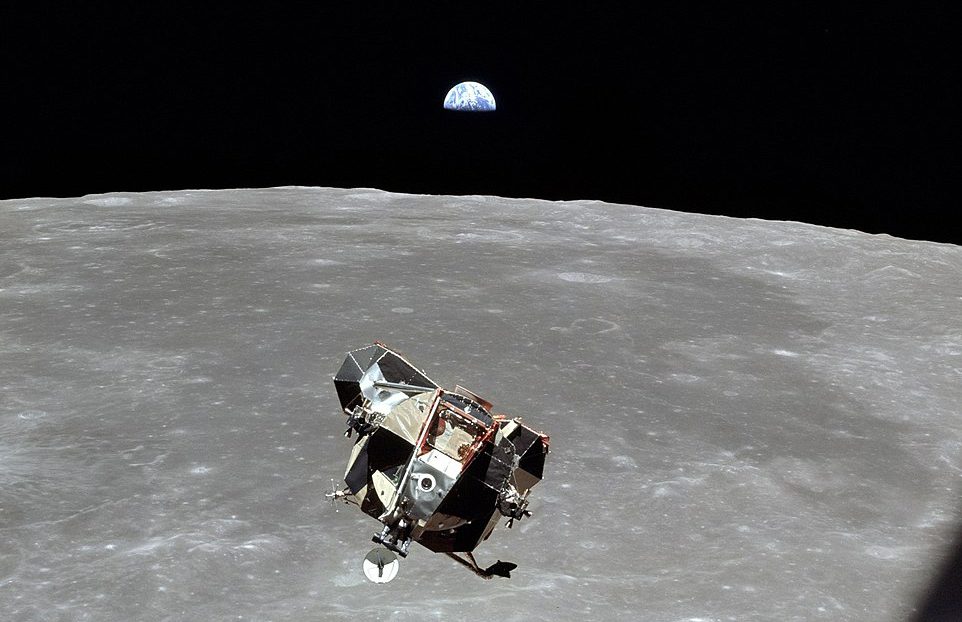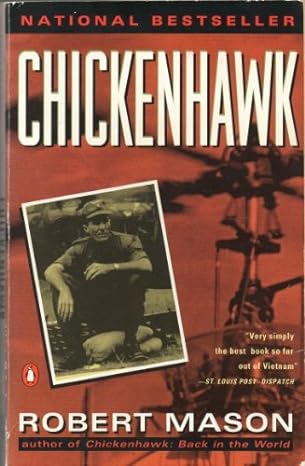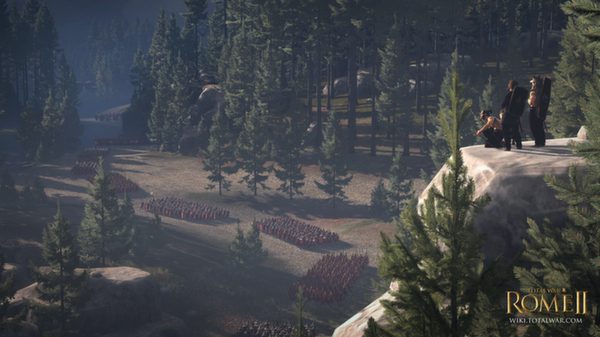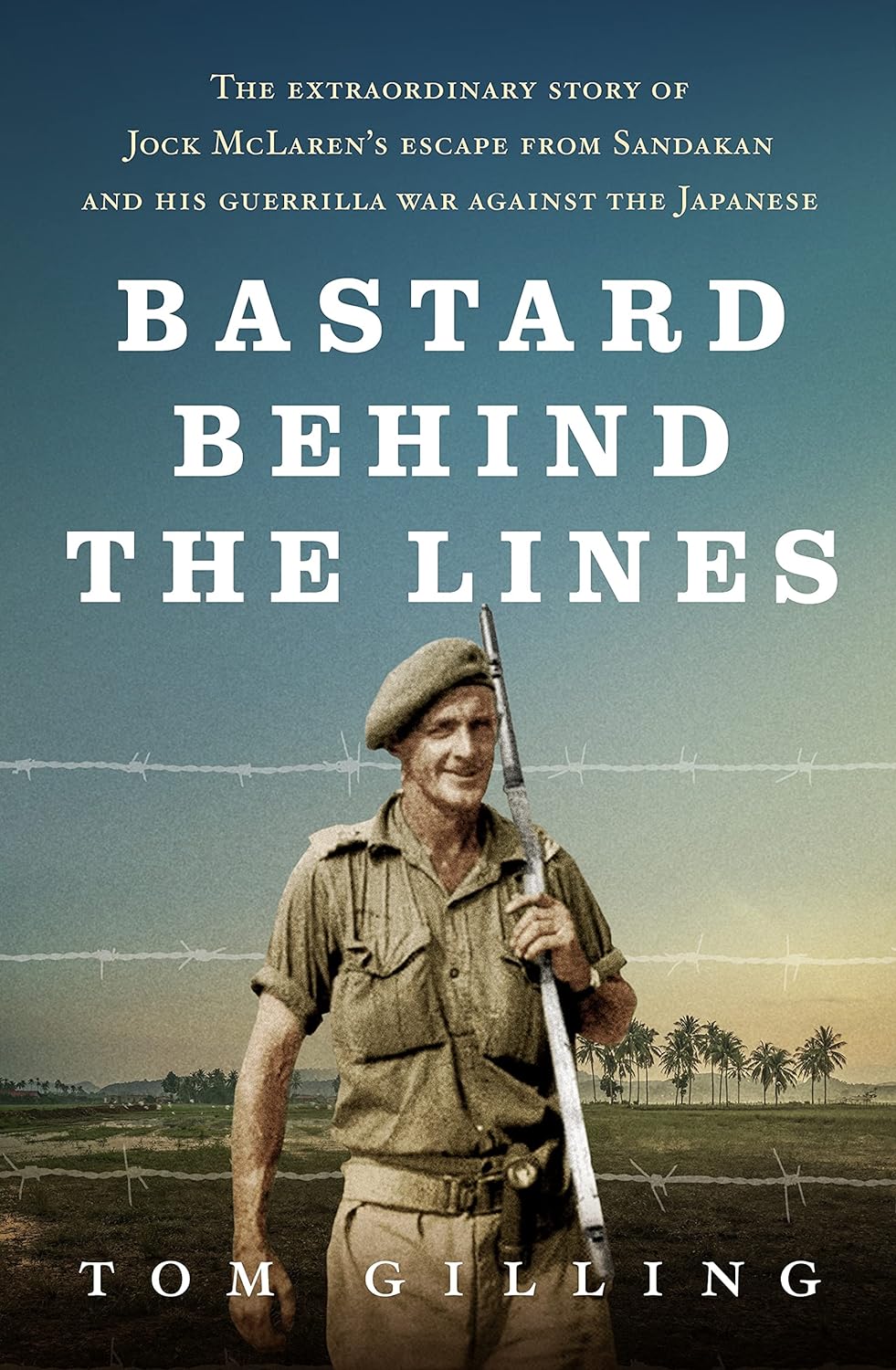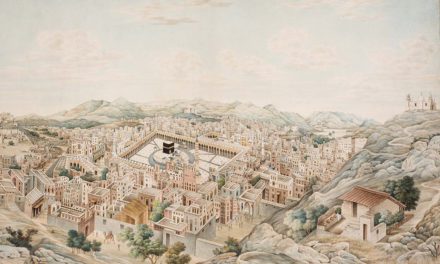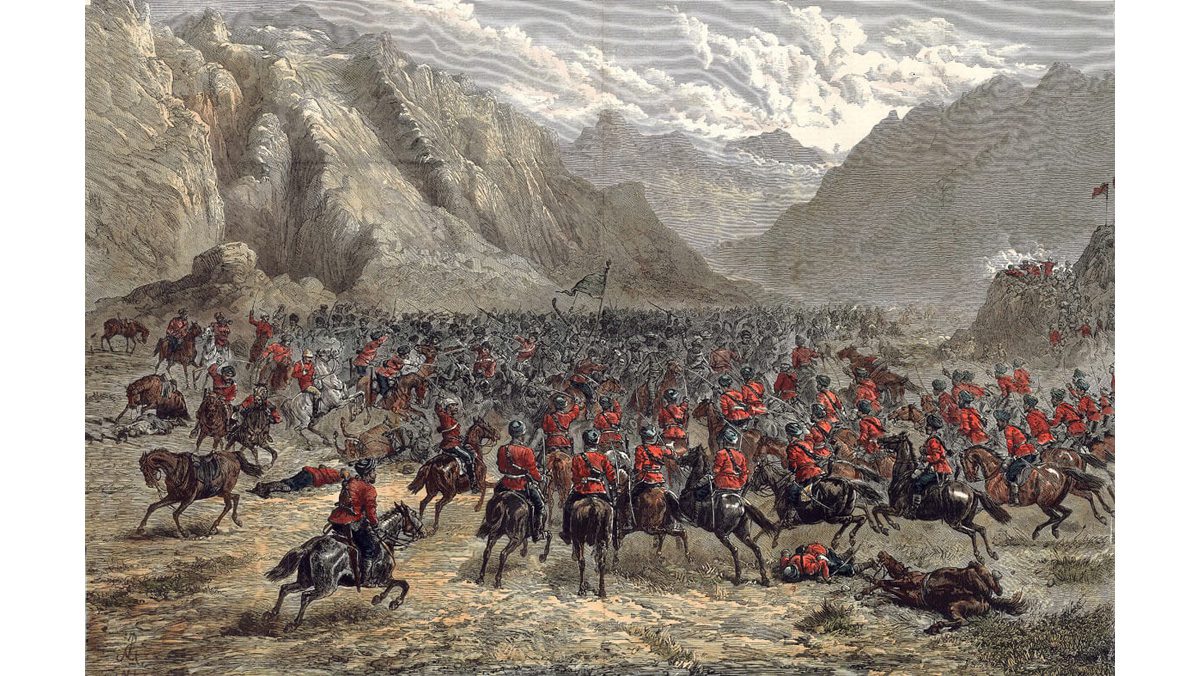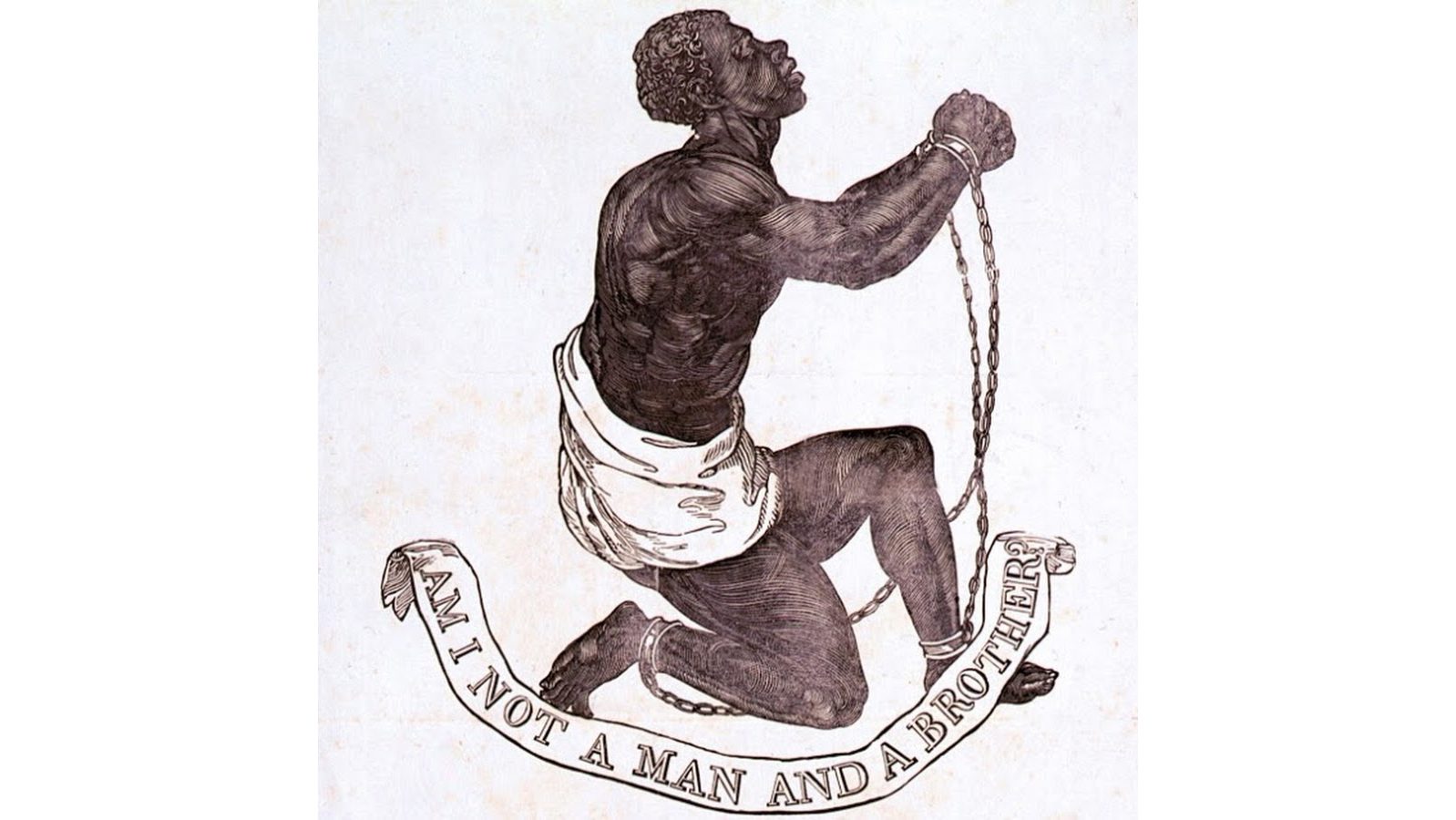The History Guild Weekly History Quiz.
See how your history knowledge stacks up.
Have an idea for a question? Suggest it here and we’ll include it in a future quiz!
Want to know a bit more about the questions in the quiz, or the story behind them? Read on!
1. Who was the US President at the time of the moon landing?
Richard Nixon – Commander Neil Armstrong Buzz Aldrin landed the Apollo Lunar Module Eagle on July 20, 1969. Richard Nixon became US President on the 20th of January 1969. On Sept. 12, 1962, President John F. Kennedy had declared that by the end of the decade, the United States would land astronauts on the Moon.
2. What did Soviet cosmonauts take into space that American astronauts didn’t?
A rifle – Soviet cosmonauts would return to earth within the Soviet empire, as compared to American astronauts, who would aim for a splashdown at sea. This meant that they could spend an extended period in the wilderness prior to being picked up. So they were provided with a triple barrel TP-82 cosmonaut survival rifle. This could be used for hunting, to defend against predators and for visible and audible distress signals. The detachable buttstock was also a machete that came with a canvas sheath.
The upper two shotgun barrels used 12.5×70 mm ammunition (40 gauge), and the lower rifled barrel used 5.45×39mm ammunition developed for the AK-74 assault rifle. TP-82s were carried regularly on Soviet and Russian space missions from 1986 to 2007, when it was replaced with a regular semi-automatic pistol.
3. Which British Admiral was executed for breaching the Articles of War in 1757?
Admiral John Byng – Byng failed to relieve a besieged British garrison during the Battle of Minorca at the beginning of the Seven Years’ War. He had sailed for Minorca at the head of a hastily assembled fleet of vessels, some of which were in poor condition. He fought an inconclusive engagement with a French fleet off the Minorcan coast and then elected to return to Gibraltar to repair his ships. Upon return to Britain, Byng was court-martialled and found guilty of failing to “do his utmost” to prevent Minorca from falling to the French.
Once the court determined that Byng had “failed to do his utmost”, it had no discretion over punishment under the Articles of War. In accordance with those Articles the court condemned Byng to death, but unanimously recommended that the Lords of the Admiralty ask King George II to exercise his royal prerogative of mercy. The King did not exercise his prerogative to grant clemency. Byng is the most senior member of the British military ever to be executed.
4. Which colonial power controlled Madagascar from 1883 to 1960?
France – France invaded Madagascar in 1883 in what became known as the first Franco-Hova War. After a prolonged period of wars France fully occupied Madagascar, declaring it a colony in 1897. The occupation of France during the Second World War tarnished the prestige of the colonial administration in Madagascar and galvanized the growing independence movement, leading to the Malagasy Uprising of 1947. This movement led the French to establish reformed institutions in 1956 under the Loi Cadre (Overseas Reform Act), and Madagascar moved peacefully towards independence in 1960.
5. What weapon are these soldiers using?
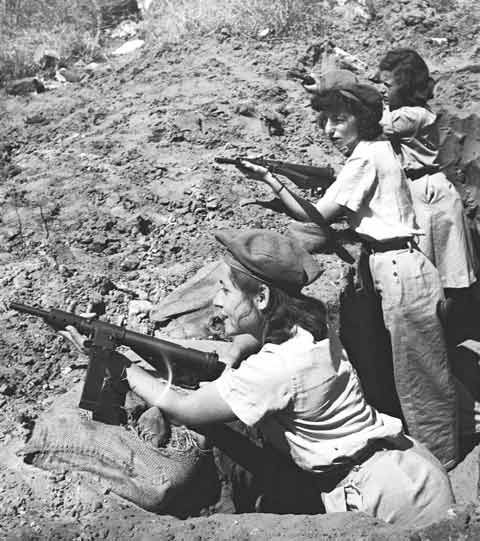
Sten MKII submachine gun – The Sten used simple stamped metal components and minor welding, which required minimal machining and manufacturing. Much of the production could be performed by small workshops, with the firearms assembled at the Enfield factory.
These Sten’s are being used by Israeli Haganah, which was the main Zionist paramilitary organization of the Jewish population in Mandatory Palestine between 1920 and its disestablishment in 1948, when it became the core of the Israel Defense Forces (IDF).
6. How long were the USSR and Japan at war with each other during WW2?
1 month – The USSR declared war on Japan on the 9th August 1945, with the Soviet invasion of the Japanese puppet state of Manchukuo. The Soviet entry into the war was a significant factor in the Japanese government’s decision to surrender unconditionally, as it made apparent that the Soviet Union was not willing to act as a third party in negotiating an end to hostilities on conditional terms. The Japanese surrendered on the 3rd September 1945.
7. What year was canned food first developed?
1809 – During the first years of the Napoleonic Wars, the French government offered a hefty cash award of 12,000 francs to any inventor who could devise a cheap and effective method of preserving large amounts of food. The larger armies of the period required increased and regular supplies of quality food. In 1809, Nicolas Appert, a French confectioner and brewer, observed that food cooked inside a jar did not spoil unless the seals leaked, and developed a method of sealing food in glass jars.
8. Which politician was assassinated in Tel Aviv in 1995?
Yitzhak Rabin – Rabin was assassinated by Yigal Amir, a right-wing extremist who opposed the signing of the Oslo Accords. Rabin was awarded the 1994 Nobel Peace Prize, along with Yasser Arafat and Shimon Peres for his part in brokering the peace deal. The Accords greatly divided Israeli society, with some seeing Rabin as a hero for advancing the cause of peace and some seeing him as a traitor for giving away land they viewed as rightfully belonging to Israel.
9. When do we have evidence of humans first brewing alcohol?
12,000 years ago – At sites in eastern Turkey, dating to around 12,000 years ago, the remains of what appear to be brewing vats, combined with images of festivals and dancing, suggest that people were gathering in groups and fermenting grain or grapes. Read about WHY DO WE LIKE TO GET DRUNK?
10. The Battle of Jutland was part of which conflict?
WW1 – JUTLAND: WHY WORLD WAR I’S ONLY SEA BATTLE WAS SO CRUCIAL TO BRITAIN’S VICTORY.
Articles you may also like
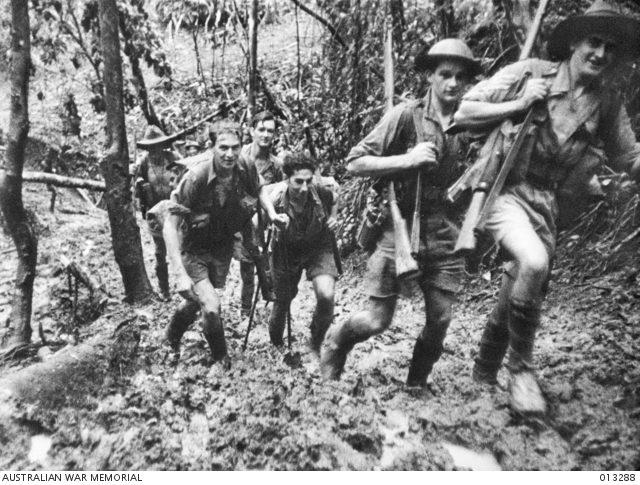
39th Battalion at Kokoda – Part 1
Reading time: 10 minutes
The 39th Militia Battalion from Victoria bore the brunt of the early fighting against the Japanese on the Kokoda Track.
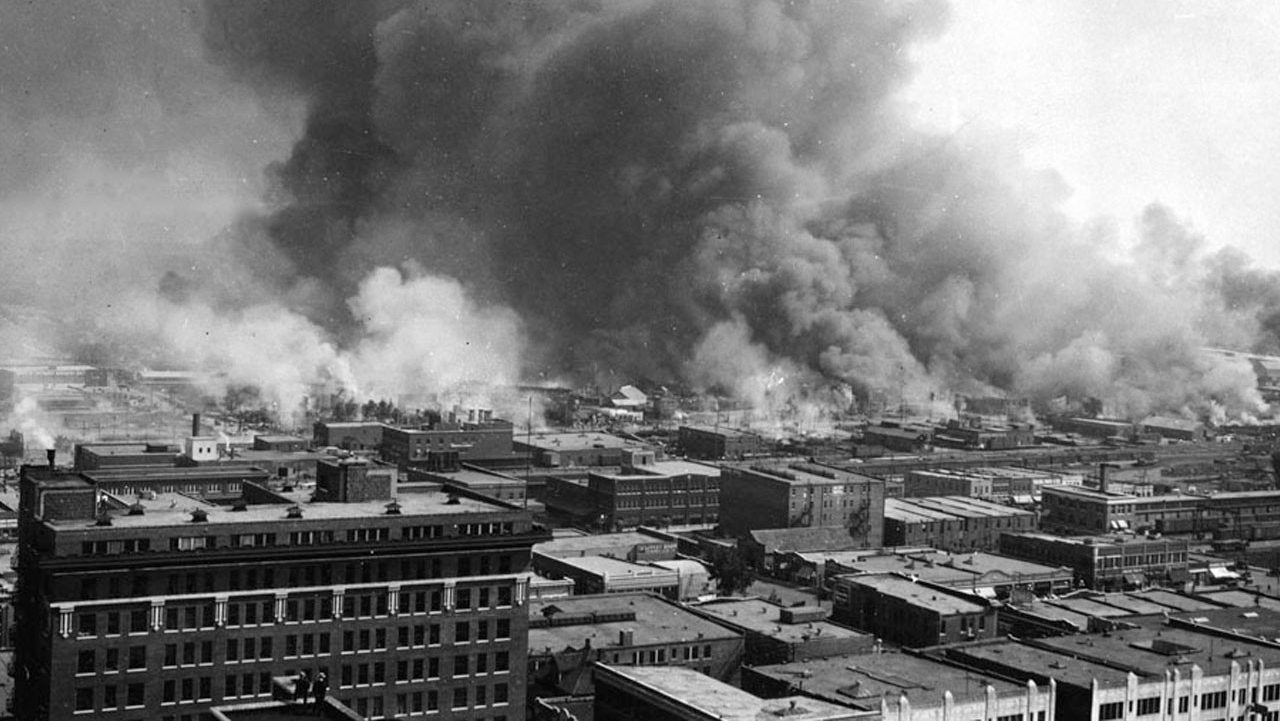
Tulsa Public Schools To Launch New Curriculum For Teaching The 1921 Race Massacre
100 years on from the brutal attack on the Black resident’s of Tulsa, OK, Public Schools in the area are now teaching their students what occurred. For many years the history of this massacre has been suppressed. “We want to make sure that we are accurate, that we are engaging, that we are teaching our […]
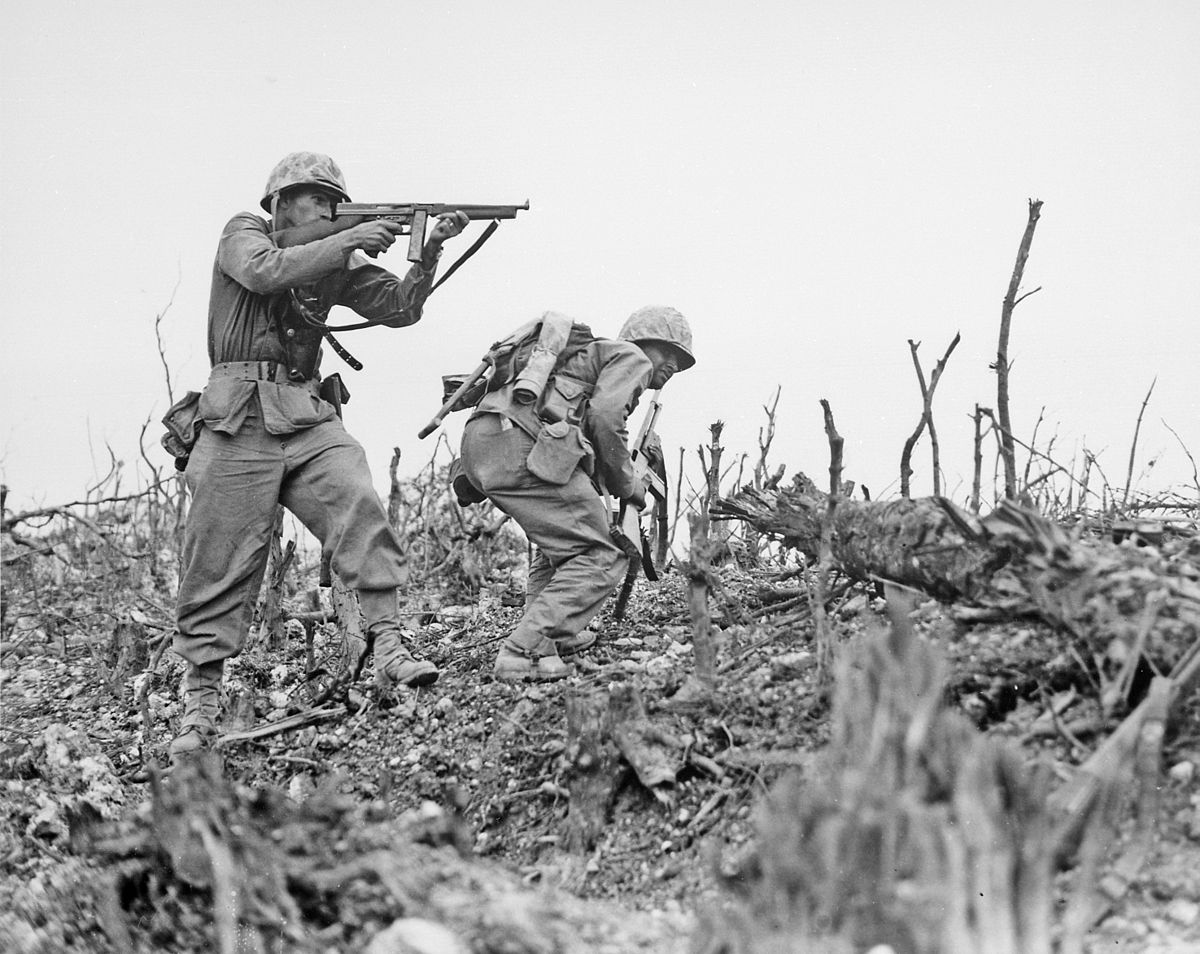
The Final Campaign: Marines in the Victory on Okinawa
The Final Campaign: Marines in the Victory on Okinawa By Joseph H. Alexander (1938 – 2014) The three-month-long battle of Okinawa covered a 700-mile arc from Formosa to Kyushu and involved a million combatants–Americans, Japanese, British, and native Okinawans. With a magnitude that rivaled the Normandy invasion the previous June, the battle of Okinawa was […]

